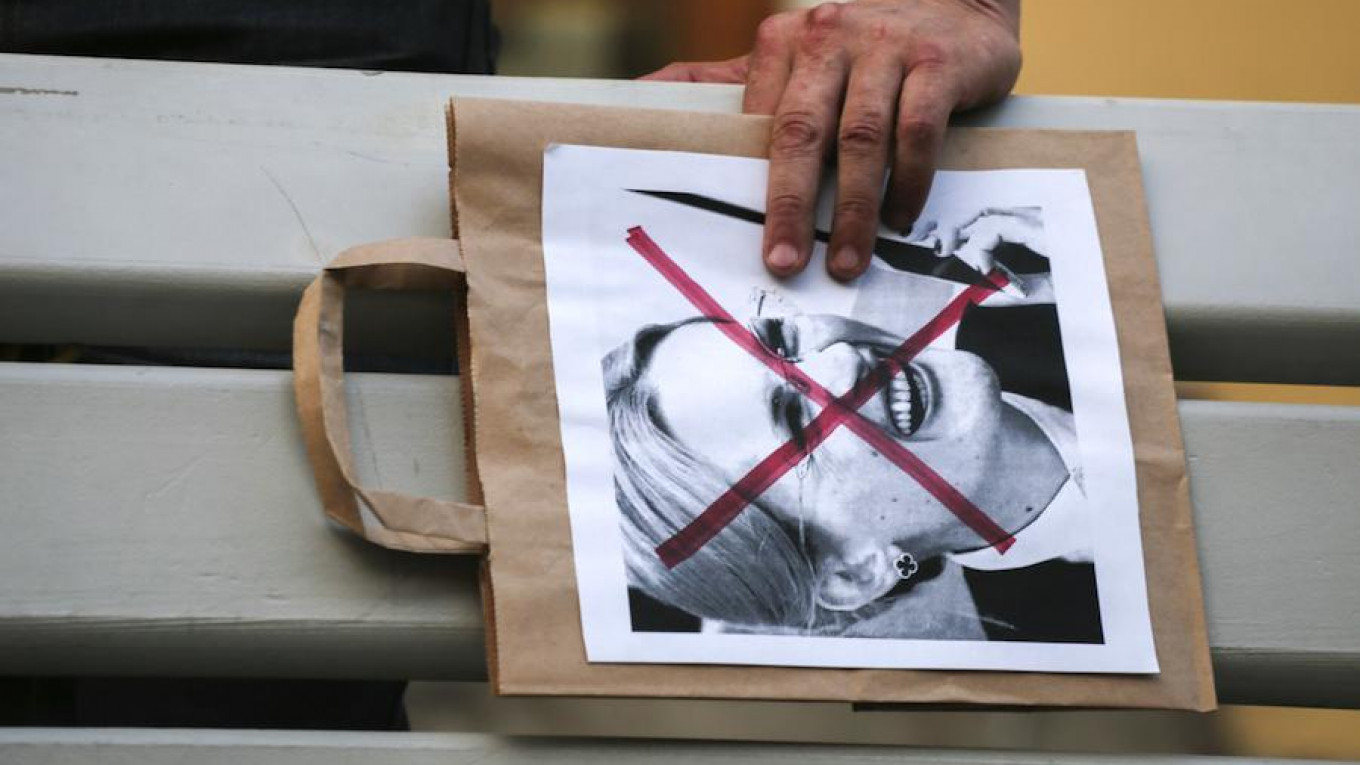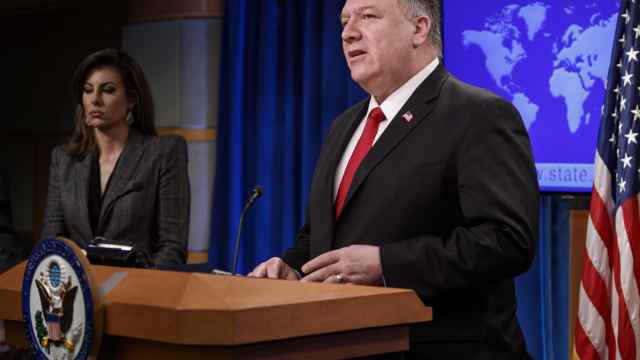A leading technology thinktank has branded Russia's controversial data-storage laws as one of the most destructive protectionist policies of 2016.
The Information Technology and Innovation Foundation (ITIF) based in the U.S. slammed the Kremlin's controversial Yarovaya laws in their top 10 list of “Worst Innovation Mercantilist Policies of 2016,” published on Thursday.
“The law aims to help Russian authorities fight terrorism, but its impact will be felt economy-wide (and society-wide), especially by Russia’s digital economy,” the group said in a report published on Wednesday.
The new law, authored by ultra-conservative United Russia lawmaker Irina Yarovaya, will require mobile operators to store customers’ messages, including photos and videos, for six months.
The decision has sparked outrage from Russia's top mobile phone providers, which claim that building the necessary storage capacity will cost 2.2 trillion rubles ($33.8 billion) and lead to increased tariffs and reduced tax revenues.
Yarovaya has responded to the claims, calling them a “baseless” excuse to raise prices. Communication companies will be expected to comply with the law from July 1, 2018.
The Kremlin's import substitution policy — banning government agencies from buying foreign — was also heavily criticized.
The ITIF warned that “innovation mercantilism” was a “destructive tactic,” which would harm Russian innovation in the long-term.
“[These policies] damage the entire global innovation system, leading to less overall innovation and productivity growth,” the report said. “Mercantilist policies lead [countries] to neglect the greater opportunity to spur growth by raising the productivity of all sectors, not just high tech.”
New laws in China, Indonesia, Germany, and Vietnam also made the list for their “detrimental effects globally,” the ITIF said.
Kremlin policy has been repeatedly criticized by the group, with Russia appearing on the list for the past four years.
Russia introduced a series of new anti-terrorism laws — dubbed the “Yarovaya packet” —‑ in July, 2016. The legislation includes restrictions on religious activity and missionary work, an increase in the number of crimes with which children between 14 and 17 can be prosecuted, and criminalizes a failure to report terrorist activities to the authorities.
A Message from The Moscow Times:
Dear readers,
We are facing unprecedented challenges. Russia's Prosecutor General's Office has designated The Moscow Times as an "undesirable" organization, criminalizing our work and putting our staff at risk of prosecution. This follows our earlier unjust labeling as a "foreign agent."
These actions are direct attempts to silence independent journalism in Russia. The authorities claim our work "discredits the decisions of the Russian leadership." We see things differently: we strive to provide accurate, unbiased reporting on Russia.
We, the journalists of The Moscow Times, refuse to be silenced. But to continue our work, we need your help.
Your support, no matter how small, makes a world of difference. If you can, please support us monthly starting from just $2. It's quick to set up, and every contribution makes a significant impact.
By supporting The Moscow Times, you're defending open, independent journalism in the face of repression. Thank you for standing with us.
Remind me later.




